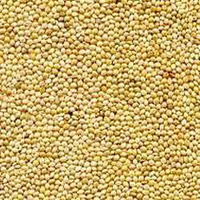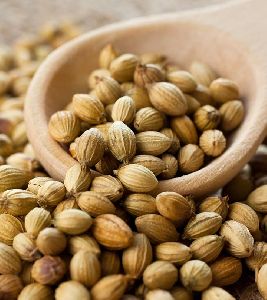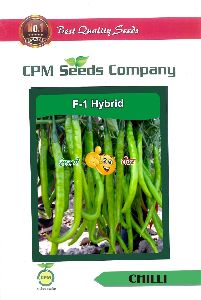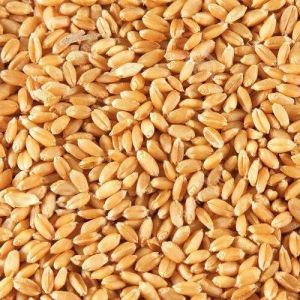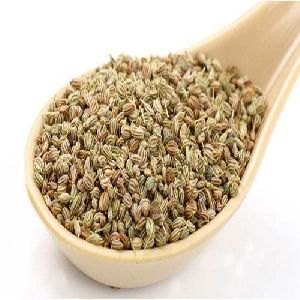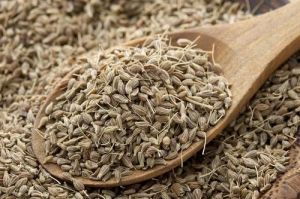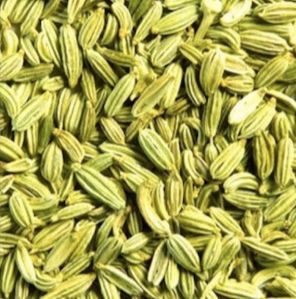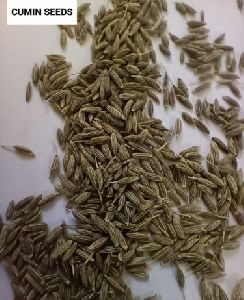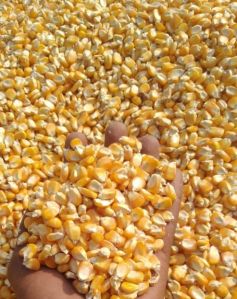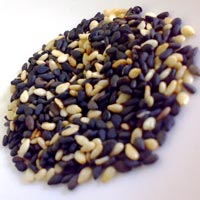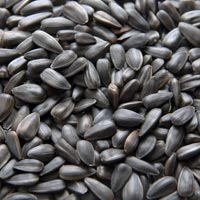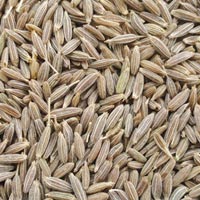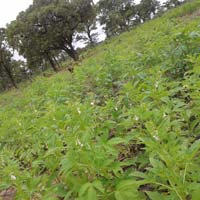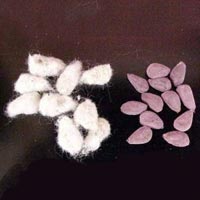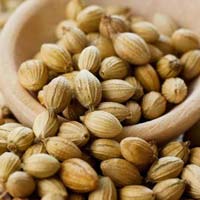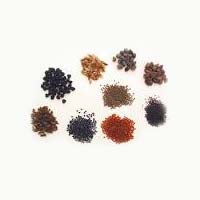Listing ID #3791852
Company Information
Ask for more detail from the seller
Contact SupplierFound everywhere, generally around villages and old forts and broken ground, but is seldom found in the forests. It is able to adopt itself to a variety of soils including loamy or sandy soils. It prefers welldrained soil and avoids clayey and waterlogged soils. Identified by light grey bark with large conspicuous leaf scars and long paripinnate leaves crowded at the end of the branches.
Morphology of the Fruit/Seed : Fruit of 1 to 5 samaras, 3 to 5 cms in length, narrowed at both the ends, winged with prominent veins. The fruit is twisted at the base. Seed one at the centre, compressed.
Seed Collection and Storage : The brownish fruit bunches at the end of the branches are cut because of the possibility of blowing away by wind. Then they are dried in the sun, beaten and winnowed to separate the seeds. Seeds lose viability rapidly and hence to be used immediately.
Pretreatment : Not essential
Nursery Technique : Seedlings can be raised to polybags or well-worked, raised nursery beds in drills about 20 cms apart in June. The seeds after sowing is covered with a thin layer of fine soil of 5 mm thick. Seedlings are liable for damping off and hence care should be taken in watering. Young seedlings are susceptible for insect attack.
| No.of seeds per kg. | Purity percent | Moisture percentage | Germination percentage | Plant percent | Time taken for germination in days |
|---|---|---|---|---|---|
| 9500 to 10,000 | 92 | 5 | 70 to 90 | 70 | 10 to 20 |


